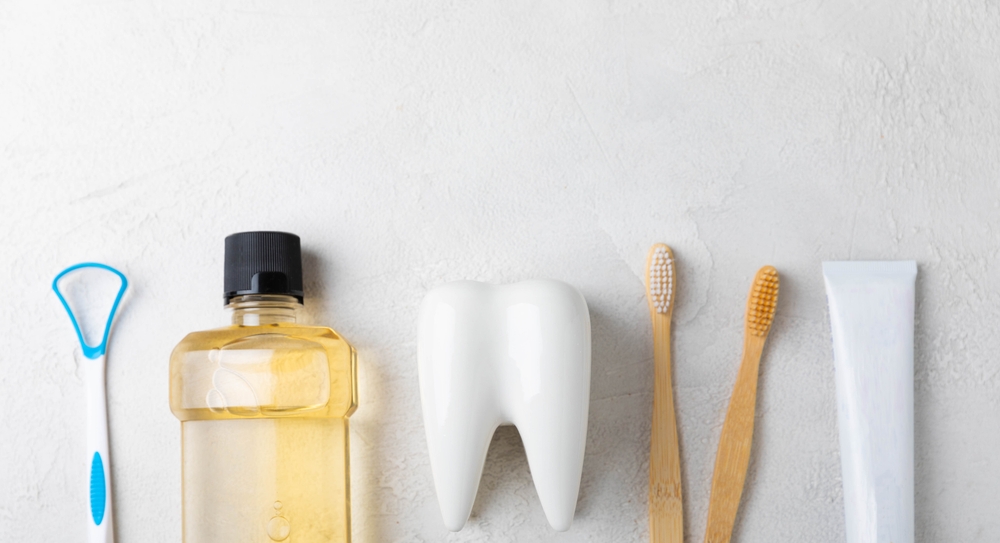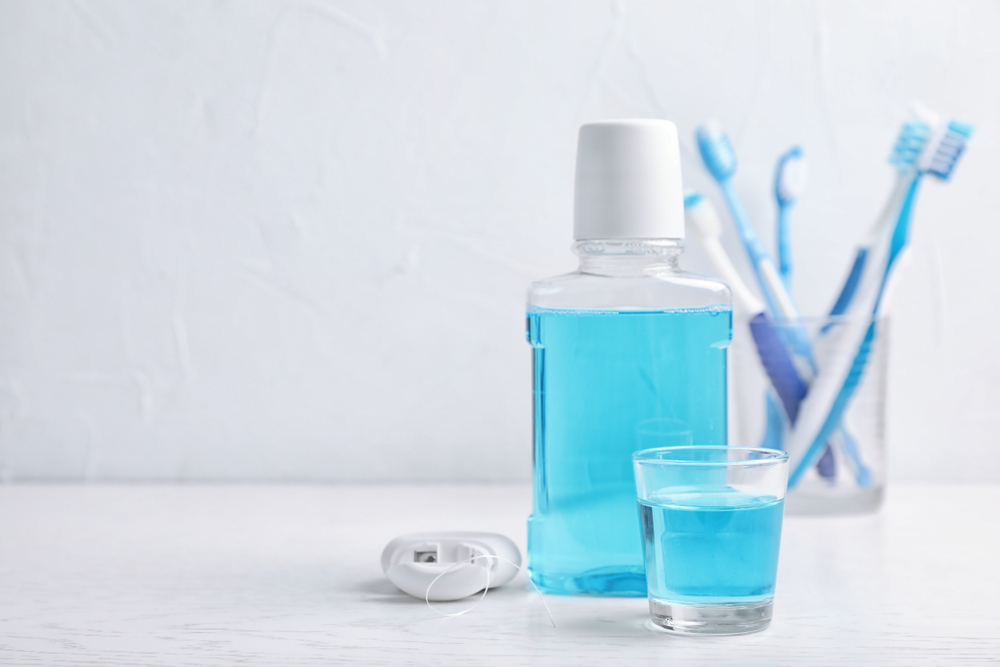Dental Implant Aftercare: Maintenance & Preventing Common Issues
Dental implants have become a popular solution for replacing missing teeth and restoring smiles. As with any dental restoration, proper care and maintenance of dental implants are crucial to prevent common issues and ensure their longevity. At Eggleston Dental Care, Dr. Jim Eggleston, your implant dentist in Turlock, CA, explains the ins and outs of dental implant care. Learn about some of the common issues associated with dental implants as well as insights into preventing these issues.




